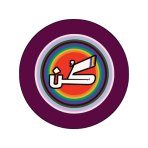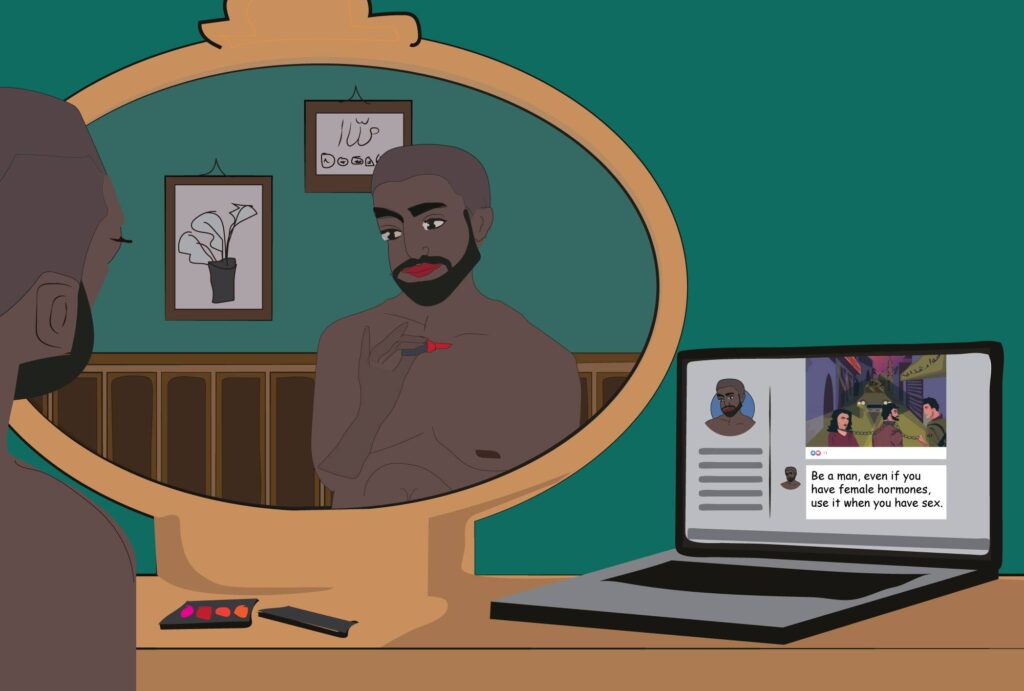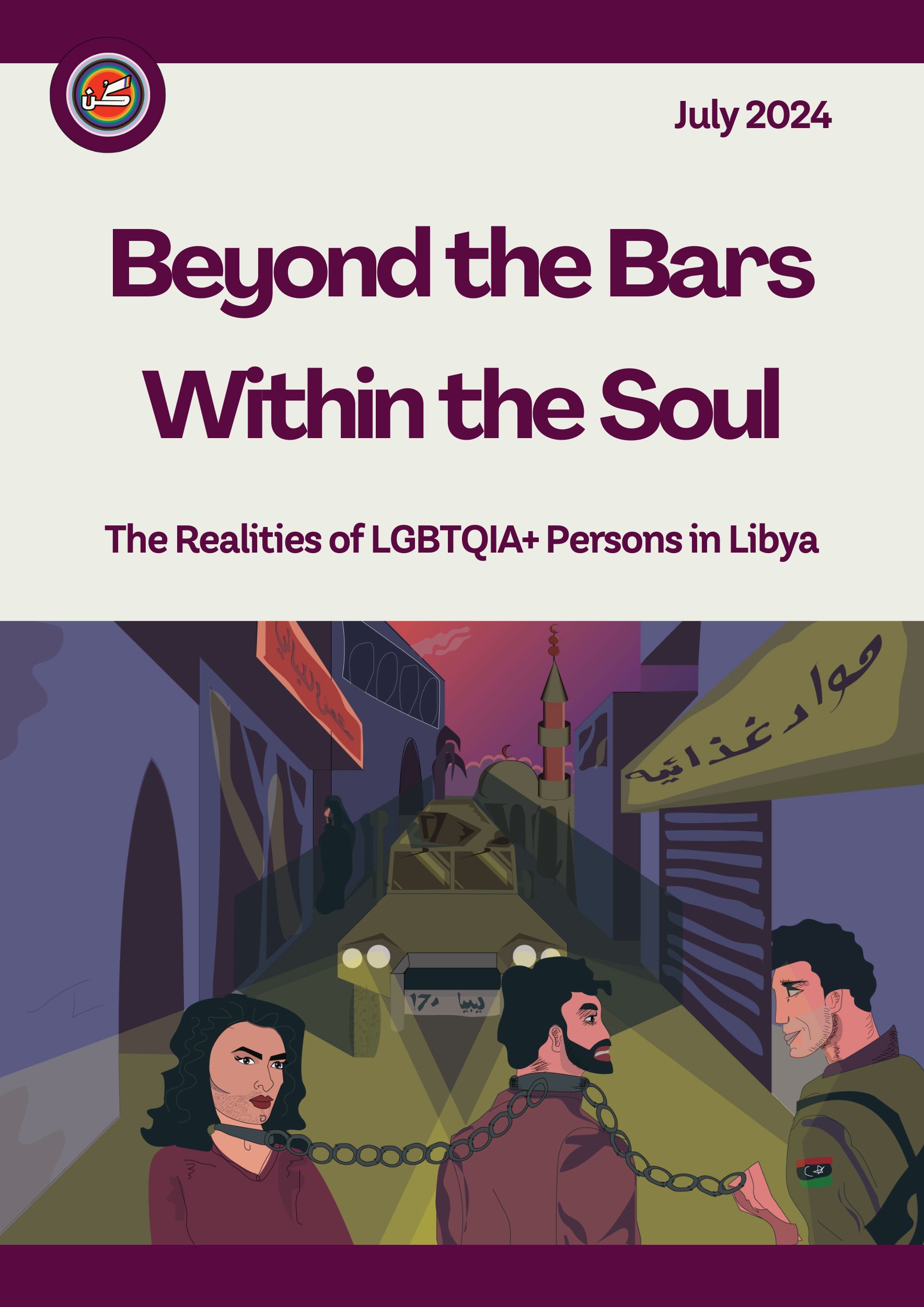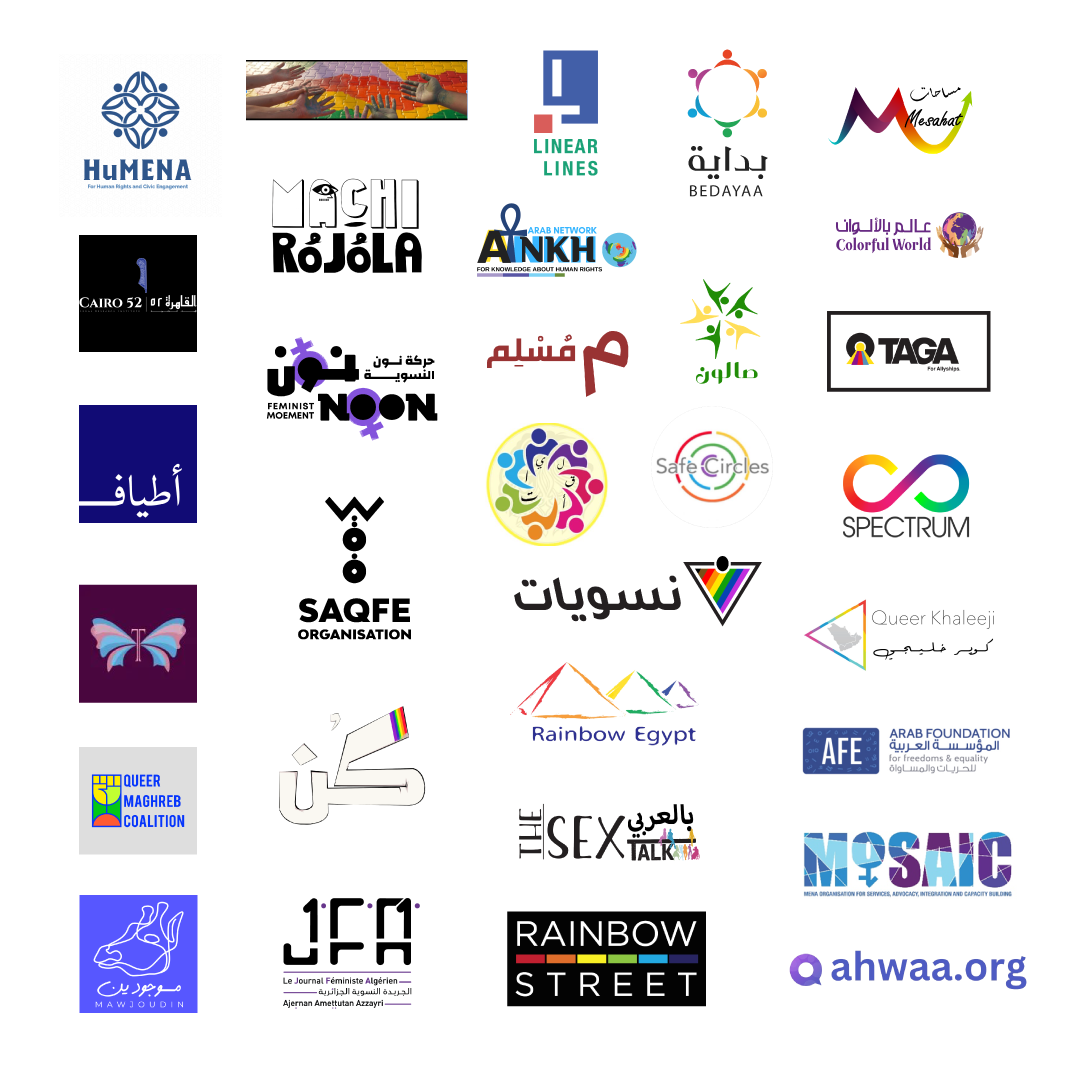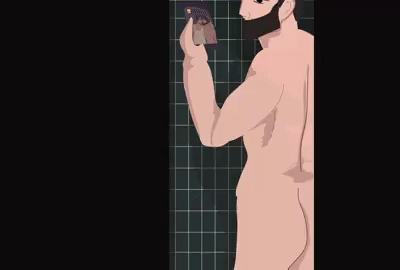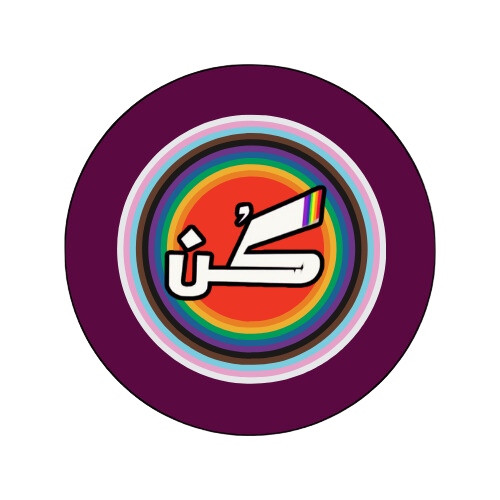The Queer community in the Middle East and North Africa is fighting heroically against patriarchal authority, which imposes heterosexuality in all social spaces.. “Different” people are punished by criminalization, arrest, ill-treatment and other violations, regardless of those countries’ international obligations. These violations are accompanied by popular support from the public, the clergy, and the various media outlets that subsist on hatred and incitement to homophobia.
In Libya, society, throughout its spectrums and components, went through many changes, until it ended up in a spiral, not knowing if there is a way out. Personal rights and freedoms has always been a subject of controversy among all the warring parties and has been subjected to politicization and bargaining many times, and of course in a country suffering from political chaos, and is under control by extremist militias, several entities emerged to advocate for patriarchal violence against Queer people, whether by harassment, threatening, arbitrary detention, and death under torture, in an unlisted detention center somewhere in the state.
A social environment, based on male domination and normalization of heterosexuality, Queers come at the bottom of the social hierarchy, and they only have Internet as a space for self-exploration, so once you register on a social networking site, Libyan Queers become a part of a global village, a place where 1st world issues clash with the 3rd world issues, a group of people could be discussing their lack of access to electricity and clean water, while another group discusses advanced issues of personal rights.
Digital Space and the Libyan Queer Community
The Internet played a major role in shaping the behavior of the Libyan society, and provided a semi-safe space for groups that are subjected to oppression and discrimination in public spaces, but unfortunately, cyberspace in Libya is subjected to constant surveillance by security agencies and the rest of the patriarchal system recruits, in order to impose their guardianship on the published content, where they dominate social media as they do on the ground.
Queers found several ways to adapt in this space, and it allowed them to express their sexuality, and to slightly exercise their freedom of speech, which they lacked in the physical space.
They did it by creating pages and groups to confirm their presence in the country, by fueling discussions about the topic, and they exchanged useful information, and of course, they offered sex.. Sex is the hottest topic on the Libyan Queer space on the Internet. And as a person like me, directly involved with the Libyan queer community – whether on the ground or on the Internet -, I have few things to say about the ideas circulating there.. After a series of in-depth posts and discussions that I have had on that space, I have come up with a perception of the most prominent foundations on which this widespread patriarchal violence is built on.
“I am gay, and homosexuality is wrong, with all due respect! We hope they would find a cure for it”
“To people who say: God created us this way and we have nothing to do with it, this means: thieves and murderers could say the same thing.. It’s their sin too… God tests every human by testing their patience and their faith.. I am not a religious man, but I know that God is testing me.. And I ask him to guide me to the right (heterosexual) path before I die… and to guide you all.”
This is a sample of the comments I found on a post published on one of the famous pages dedicated to the Queer community in Libya, the content of the post was talking about the awareness and culture of homosexuals and their opinion regarding activities calling for their rights, and demanding a secular constitution for the country. The post asks the public about their views/ opinion about homosexuality.. whether they consider it a disease or not.
The majority of the comments refused to accept homosexuality as “normal”, and their reasons to refuse it varied, most of the reasons were highly related to the patriarchal violence they wittness everyday.
When a person in Libya finds out, eventually, that they’re homosexual, they enter a cycle of internal/ external conflicts, and they could never stop recalling a Sheikh’s speech on television, or a story about another homosexual person who was arrested by the militias just because of their sexuality or non-normative appearance, all these memories are sufficient to push Queer people in Libya to deny their real identity.. Leading to a sever state of internalized Queerphobia.
“In my opinion, all of this is forbidden, and God hates us.. It is true that we do it, but I’m convinced that it is forbidden! Don’t you convince yourself that what we do is a personal freedom.. all this is forbidden, and we are being held accountable for it, but God is merciful.”
“Hide yourself, God covers up for what you do so don’t expose yourself. This issue is obscene and forbidden. If a young man runs around wearing make-up, imitating girls, how would society respect them? Be a man, even if you have female hormones, use it when you have sex. Cover yourself up.”
Personal rights and freedoms in Libya are still a taboo, and the real struggle for the vast majority is renewing the religious discourse, and in recent years, for the first time, there has been a lot of discussion about matters that society considers controversial, and the discussion centered on the extent of acceptance and rejection of these topics. As a type of community evaluation and trial sessions, misogyny and homophobia strongly dominate the debate, as the majority of those targeted are men and women who have non normative sexuality/ expressions. The worst part is that members of the Queer community itself participates in these debates as the criminal and the judge at the same time.
The Libyan queer community, like other strands of the Libyan society, is going through multiple crises, its existence is very fragile and it has not reached sufficient maturity to bet on its consciousness to confront patriarchy and lead an enlightening intersectional revolution to reach gender justice, so it is impossible to obtain rights for Queer people without eliminating discrimination based on Gender and access to equal power dynamics in society.
